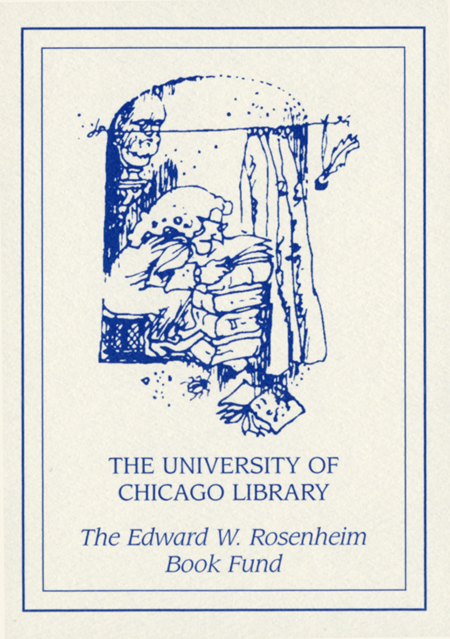Review by Kirkus Book Review
In this alternative theological novel Jesus does more than weep...and Lazarus does more than die. Beard engages in much plausible speculation here, for example, that Jesus and Lazarus grew up as best friends and then drifted apart. Lazarus seized an opportunity to become a businessman, buying sheep from the local farmers and reselling them at a profit to the temple, for according to strict Jewish practice, many sheep had to be sacrificed. But just about the time his former childhood friend performed his first miracle, Lazarus began to come down with a strange and mysterious illness, one that is more than merely an inconvenience that gets in the way of his sexual relationship with the prostitute Lydia and his engagement to Saloma. Beard invests this illness with a mythic quality by having Lazarus contract all of the seven major diseases of ancient Israel, and his symptoms combine those of smallpox, tuberculosis and dysentery, for his death has to be as certain as his resurrection. At first he calls upon Yanav the Healer, a local dispenser of herbs, but it soon becomes clear that Lazarus' physical decline is too severe for Yanav to handle. Lazarus' sister, Mary, then pleads with him to call upon Jesus, whose reputation for performing miracles is growing, but Lazarus is adamant that his former friend not be summoned. The mythic power of the story remains constant, of course, so Lazarus does in fact die, and Jesus does resurrect him, but the Romans, especially in the vicious form of Cassius, immediately begin to persecute Lazarus, feeling his resurrection has reinforced the extraordinary political power of Jesus. Throughout the narrative, Beard schools the reader in literary and artistic treatments of Lazarus to give the story a cultural and intellectual framework. Beard's take on Lazarus is nothing less than astonishing--and he respects the reader by taking religion and religious questions seriously. ]] Copyright Kirkus Reviews, used with permission.
Copyright (c) Kirkus Reviews, used with permission.
Review by Kirkus Book Review

